The rolling vineyards of Burgundy have long captivated foreign investors and wine enthusiasts alike, with their picturesque landscapes and world-renowned terroir. However, beneath the romantic allure of owning a piece of this French wine paradise lies a complex web of legal intricacies that can ensnare the unwary buyer. Navigating the acquisition of Burgundian vineyards requires not only deep pockets but also a keen understanding of local laws, cultural nuances, and hidden bureaucratic hurdles.
The Allure and the Reality
Burgundy’s vineyards are among the most prestigious in the world, with parcels of land often passed down through generations. For outsiders, purchasing even a small plot can feel like securing a slice of history. Yet, the reality is far from simple. French inheritance laws, designed to protect family legacies, can complicate transactions. Properties are frequently divided among multiple heirs, making it difficult to secure clear title. Even when a sale proceeds, pre-emption rights held by local farmers or the Safer (a French agricultural land agency) can abruptly derail deals.
Cultural and Legal Minefields
Foreign buyers often underestimate the cultural resistance to outside ownership. Burgundy’s winemaking traditions are deeply rooted, and locals view vineyards as more than just assets—they are part of a living heritage. This sentiment is reflected in the legal framework. The Safer, for instance, has broad powers to intervene in sales, prioritizing local buyers or those committed to maintaining agricultural use. Attempts to convert vineyard land for tourism or residential purposes frequently meet stiff opposition, leaving investors stuck with properties they cannot develop as intended.
The Hidden Costs of Ownership
Beyond the purchase price, acquiring a Burgundian vineyard comes with layers of unexpected expenses. French tax laws impose steep inheritance and capital gains taxes, particularly on non-residents. Environmental regulations, such as restrictions on water use or pesticide application, can further strain budgets. Many buyers also fail to account for the cost of maintaining a vineyard—hiring skilled labor, investing in equipment, and adhering to strict appellation rules. Without a clear grasp of these ongoing obligations, what begins as a dream investment can quickly become a financial burden.
Tourism Ventures: A Double-Edged Sword
Some buyers see vineyard ownership as a gateway to wine tourism, hoping to capitalize on Burgundy’s global reputation. However, converting agricultural land for tourism use is fraught with challenges. Zoning laws often prohibit or severely limit commercial activities on vineyard plots. Even obtaining permits for a tasting room or guesthouse can take years, assuming local authorities approve at all. Meanwhile, the region’s strict AOC (Appellation d’Origine Contrôlée) regulations dictate everything from grape varieties to pruning methods, leaving little room for creative diversification.
Navigating the Bureaucratic Labyrinth
The French administrative system is notorious for its complexity, and vineyard transactions are no exception. From notarized contracts to environmental impact assessments, the paperwork can be overwhelming. Language barriers compound the issue, as legal documents are rarely available in English. Many buyers rely on local lawyers, but even then, misunderstandings arise. A single missed clause or unfulfilled requirement can lead to costly delays or even nullify a sale. For those unfamiliar with the system, the process can feel like navigating a maze with no exit.
A Cautionary Tale for Aspiring Owners
While the dream of owning a Burgundian vineyard is undeniably seductive, the legal and cultural realities demand careful consideration. Prospective buyers must conduct thorough due diligence, engage experienced local advisors, and—above all—exercise patience. The region’s charm lies in its timeless traditions, but those same traditions can make it a treacherous playground for outsiders. For every success story, there are tales of investors who underestimated the challenges and found themselves entangled in a web of legal and financial woes.
In the end, Burgundy’s vineyards remain a symbol of prestige and passion, but they are not for the faint of heart. Those who approach with eyes wide open, respecting both the land and its legacy, stand the best chance of turning their vinous dreams into reality.

By Jessica Lee/Apr 7, 2025
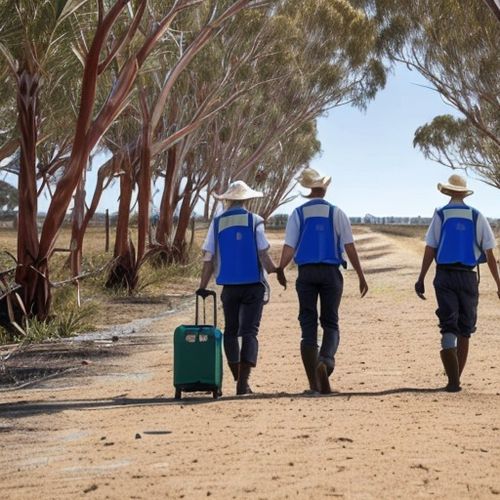
By Emily Johnson/Apr 7, 2025

By Jessica Lee/Apr 7, 2025
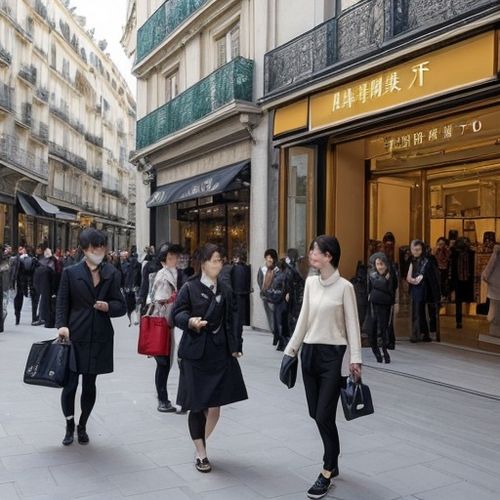
By Joshua Howard/Apr 7, 2025

By Amanda Phillips/Apr 7, 2025
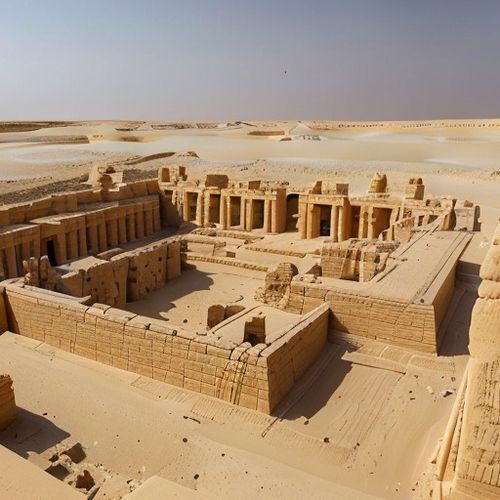
By Sophia Lewis/Apr 7, 2025
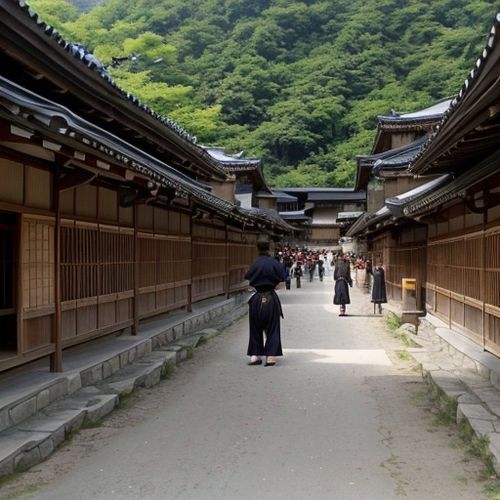
By Samuel Cooper/Apr 7, 2025

By Michael Brown/Apr 7, 2025

By Elizabeth Taylor/Apr 7, 2025

By Sarah Davis/Apr 7, 2025
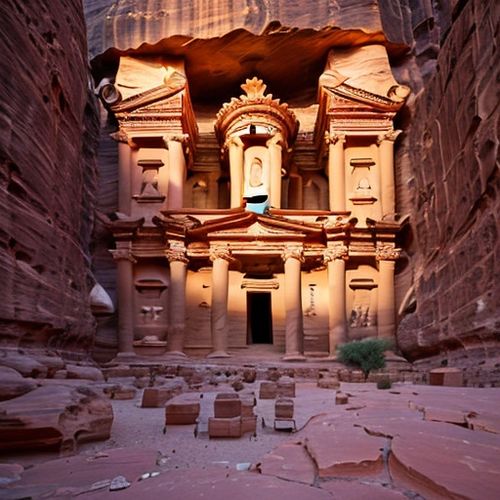
By Daniel Scott/Apr 7, 2025
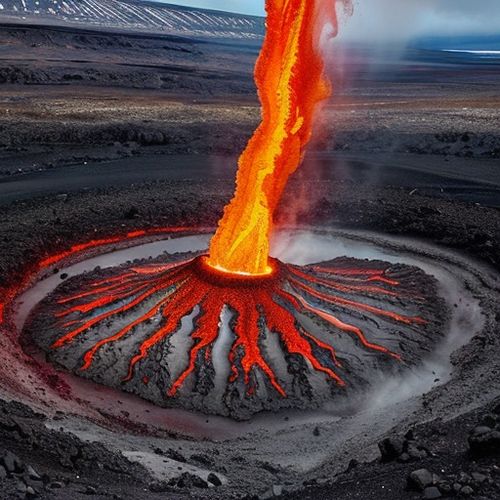
By Grace Cox/Apr 7, 2025
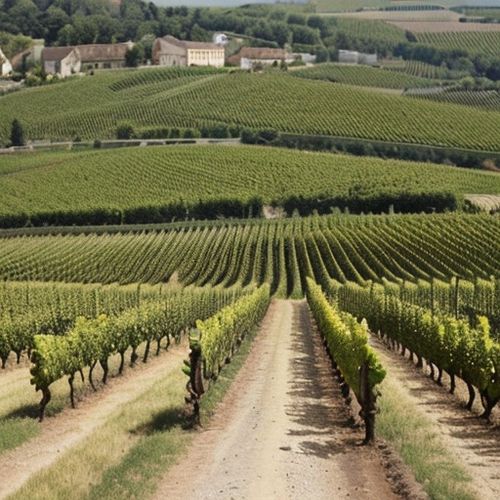
By Grace Cox/Apr 7, 2025

By Ryan Martin/Apr 7, 2025

By Christopher Harris/Apr 7, 2025

By Lily Simpson/Apr 7, 2025
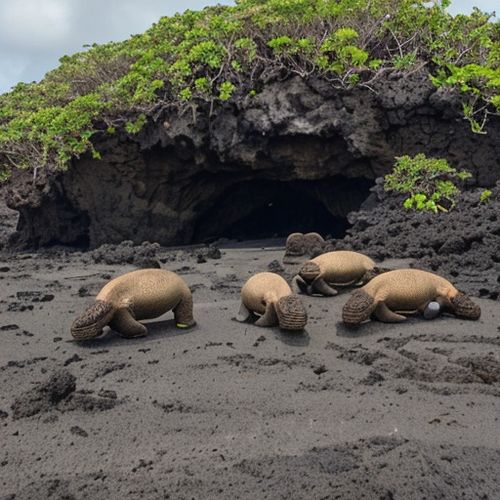
By Elizabeth Taylor/Apr 7, 2025
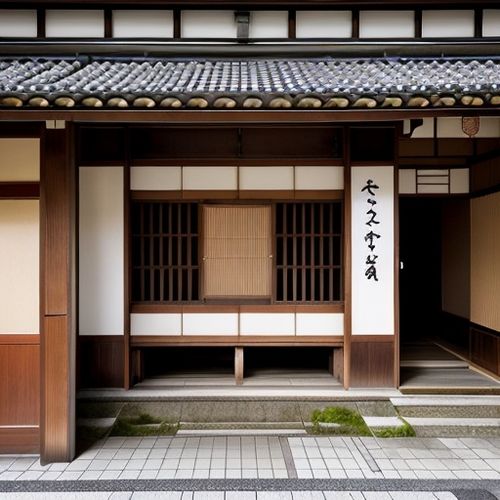
By Christopher Harris/Apr 7, 2025

By Noah Bell/Apr 7, 2025
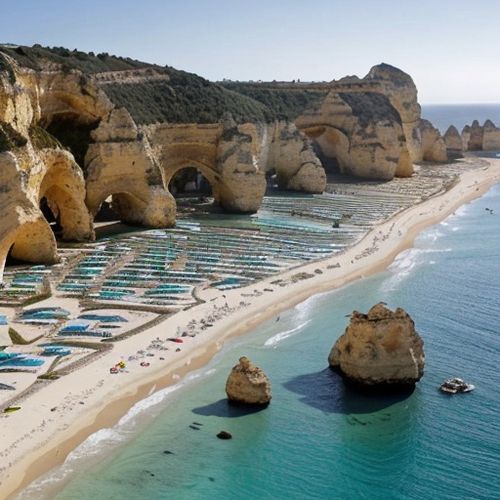
By Thomas Roberts/Apr 7, 2025